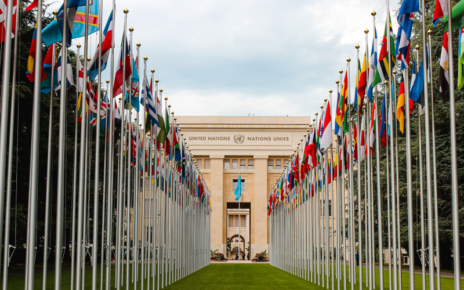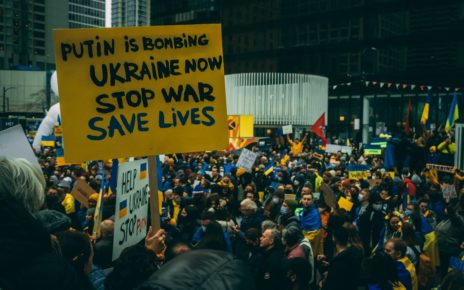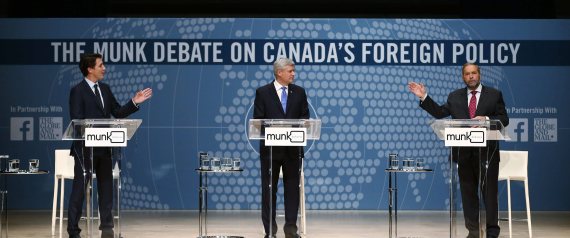On Friday June 20, 2015, the group Wikileaks released over 60,000 foreign cables belonging to Saudi Arabia. The transparency organization’s founder Julian Assange claims that this is just the first batch of cables, and that the organization has another 500,000 cables it has yet to release. While the published cables do not contain the same shocking revelations about the kingdom of Saudi Arabia that they did about the United States, they do publish information about the diplomatic workings of a deeply private country. These cables show Saudi Arabian influence moving not just throughout the Middle East, but also in Europe, Africa, North America, and Australia as well. These cables paint the picture of a country that routinely takes care of financial problems for its allies and exerts a strong influence in the region.
This first batch of diplomatic messages mainly concerns money. It seems that the Kingdom’s large oil wealth flows from Saudi Arabia, both in response to solicitations from countries and in bribes sent to various organizations to keep them in good favour. The requests for funds came from governments and politicians across the Middle East and Africa. It seems that the only catch associated with the money is that all groups had to portray Saudi Arabia in a favourable light. A lot of money went into media control as well. Thousands of dollars were spent on Arab media outlets everywhere from Tunisia to Australia in order to ensure that the publications remained loyal to the Kingdom by not publishing or broadcasting anything that could damage its image.
 Funds also flowed to Sunni Muslim groups in the region in order to combat the growth of Shiite Islam, the prominent form of Islam in Saudi’s rival country, Iran. Money flowed heavily into Iraq to politicians who opposed former Shiite Prime Minister Nuri Kamal al-Maliki. The Saudis also put pressure on an Arab language network in order to get them to take an Iranian station off the air or to disrupt their broadcast strength. Saudi Arabia is very concerned with Iran and seems to be invested in disrupting its presence across the region. The Kingdom followed Iran very closely over the years and was particularly interested in public perception of the regime in Iran as well as any nuclear developments.
Funds also flowed to Sunni Muslim groups in the region in order to combat the growth of Shiite Islam, the prominent form of Islam in Saudi’s rival country, Iran. Money flowed heavily into Iraq to politicians who opposed former Shiite Prime Minister Nuri Kamal al-Maliki. The Saudis also put pressure on an Arab language network in order to get them to take an Iranian station off the air or to disrupt their broadcast strength. Saudi Arabia is very concerned with Iran and seems to be invested in disrupting its presence across the region. The Kingdom followed Iran very closely over the years and was particularly interested in public perception of the regime in Iran as well as any nuclear developments.
An interesting fact from this cable release is that nothing in them is particularly surprising. The international community has long known that Saudi Arabia practices a form of international relations known as “cheque book diplomacy” where goodwill is bought and wealth is wielded freely. Rather than embarrass the kingdom and the royal family internationally, this release has done so domestically. Saudi Arabia has long maintained tight control of the press and any dissent has been heavily punished. Now that these cables are out Saudis are able to see how their government is being run. The Saudi government is encouraging people to ignore the documents, but now that all these cables are out it seems unlikely that the people will simply ignore them.
While none of these cables are particularly troubling, they do give a glimpse into Saudi Arabia’s foreign policy and how exactly it manages to keep such tight control of the press, both internationally and domestically. All of Saudi Arabia’s dealings are now on the table for everyone to see which is highly embarrassing for such a private country. The authorities are rushing to contain the fallout from the first round of documents and it will only be a matter of time before another glimpse is given into the Saudi government with the release of the next round.




